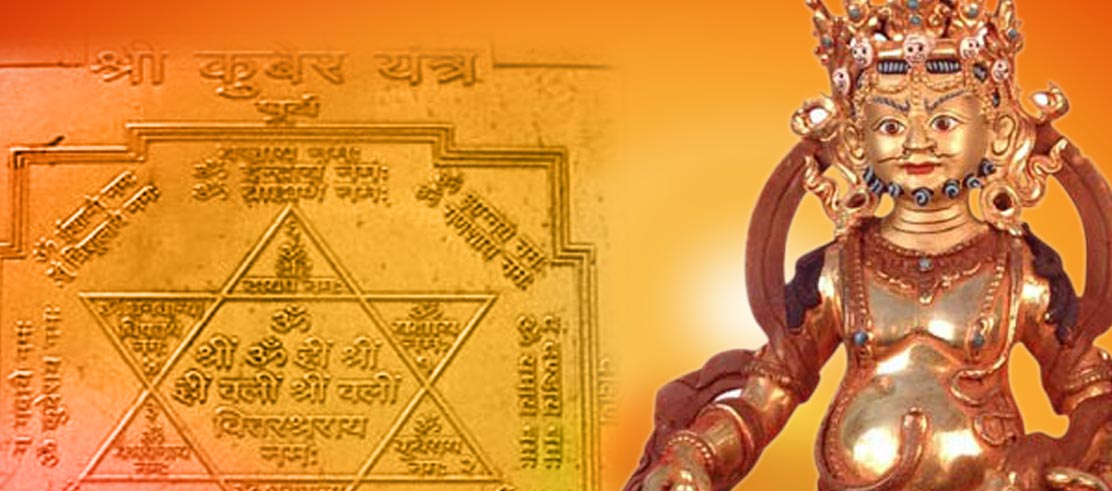

Although, the author of the original verses is unknown or a matter of debate, however, Pandit Roop Chand Joshi of Punjab, who authored the presently available version during the years 1939 to 1952 in five volumes, is regarded as the master of this science. Some regard him also as originator of this book or this branch of vedic astrological science while others believe the original writer preferred to remain anonymous.
According to some believers Lal Kitab following leads to accepting Abrahamic faith renouncing of Brahman, since it is the part of "Tantra Udaya" meaning relying on Kundalini energy of own and planetary beings. This leads one to drift away from the blessings of Para Brahman making rituals havana and homams become ineffective and fruitless. Some believe that Ravana a Demon followed this practice, whose knowledge was lost for many years after his destruction.
Some people believe it to be part of Arabian and Islamic culture and believe it to have Persian origins, many call it The Red Book of Persia but most acclaimed followers and researchers attribute it to be a book on branch of jyotisha, as the book follows the planetary positions and names of Navagraha used by Vedic people to give predictions and remedies.